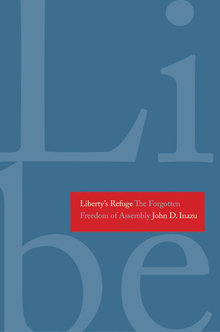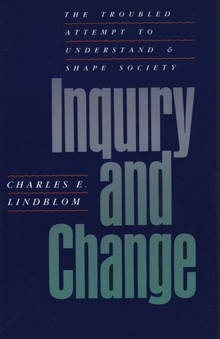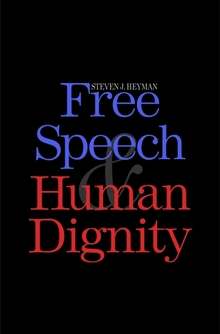Local Redistribution and Local Democracy
WARNING
You are viewing an older version of the Yalebooks website. Please visit out new website with more updated information and a better user experience: https://www.yalebooks.com
Interest Groups and the Courts
Clayton P. Gillette
The traditional theory of urban finance argues against local redistribution of wealth on the assumption that such action is likely to chase away the relatively wealthy, leaving only the impoverished behind. Nevertheless, Clayton P. Gillette observes, local governments engage in substantial redistribution, both to the wealthy and to the poor.
In this thoughtful book, Gillette examines whether recent campaigns to enact "living wage" ordinances and other local redistributive programs represent gaps in the traditional theory or political opportunism. He then investigates the role of the courts in distinguishing between these explanations. The author argues that courts have greater capacity to review local programs than is typically assumed. He concludes that when a single interest group dominates the political process, judicial intervention to determine a program's legal validity may be appropriate. But if the political contest involves competing groups, courts should defer to local political judgments.
“This new book both ends old debates and starts new ones. It provides a clear break from decades of sterile arguments about how mobile capital and residents constrain local governments, offering a more realistic and economically sophisticated picture of local governments' ability to engage in redistributionary policy-making. And it offers a powerful and controversial argument for how courts should resolve disputes about local governments' legal power to enact such policies. Put another way: It’s really good.”— David Schleicher, George Mason University School of Law
“Gillette has seized upon a core puzzle of local government law and municipal finance, with significant current implications: Why do localities ever engage in redistribution when those burdened by such policies can so readily "exit" to neighboring communities? The explanations he offers challenge the conventional wisdom but are deeply persuasive. No less importantly, Gillette's analysis suggests a new understanding of the state courts' role in reviewing redistributive ordinances. This important and elegantly written book is sure to provoke much valuable discussion among scholars and policy makers.”—Lynn Baker, The University of Texas at Austin School of Law
Publication Date: June 28, 2011








